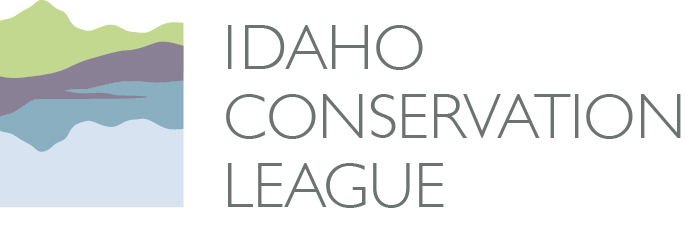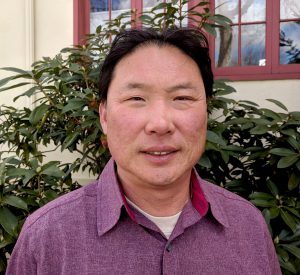The Idaho Conservation League would like to sincerely thank Idaho Governor Brad Little. He personally launched this effort to bring together representatives of diverse interests from all across Idaho to work toward consensus on how to restore Idaho’s salmon and steelhead to abundance. He chose not to simply ignore this issue, which is vitally important to Tribes and Idahoans, especially those who have suffered due to the sharp and drastic declines of our fish.
We are thankful to have played a role in these frank and constructive discussions that clearly and comprehensively laid out the factors affecting Idaho’s wild salmon and steelhead, and examined in detail the options available to help our fish. ICL also thanks the other workgroup members and the facilitators.
Noting that the final report has not yet been delivered to the governor, ICL would like to recognize the sheer amount of effort spent in the workgroup’s drafting and finalization of policy recommendations. The report is scheduled to be delivered by the end of December, at which point the workgroup will come to its formal conclusion. The ball will then be in Gov. Little’s court and he will determine whether to accept workgroup recommendations, and, if so, how he will implement them.
An important outcome of this workgroup is the recognition that Idahoans want to restore salmon and steelhead to true abundance. This is a much more meaningful goal than merely taking wild salmon and steelhead off the federal endangered species list. Idahoans want healthy, self-sustaining populations of wild salmon and steelhead that are economically, culturally and ecologically significant.
Throughout this process, it was agreed many times that the status quo is not working for fish or people. ICL believes the workgroup’s recommendations, if adopted and implemented, will be useful ways for the State of Idaho and all Idahoans to help our fish. This is a meaningful accomplishment, one that likely would not have happened without this workgroup. We believe that it is a step towards breaking out of the status quo.
But, as the report makes clear, even if Gov. Little acts on all of the workgroup’s consensus recommendations, they will not restore Idaho’s wild salmon and steelhead to harvestable and sustainable abundance by themselves. Rather, these recommendations constitute a list of the actions on which the workgroup could find consensus. These are positive actions, we advocate for them, and implementing them will help Idaho’s fish. There is an urgency to implementing these recommendations and more needs to be done quickly to stave off extinction and to begin moving in the right direction.
The diverse stakeholder representatives that make up the workgroup had lengthy discussions regarding breaching the four lower Snake River dams. And, while it is ICL’s position that dam removal is necessary to restore our fish, the workgroup did not reach consensus on this policy.
While it may be the end of the formal meetings of this workgroup, it’s not the end for those of us who will continue to work to fully restore Idaho’s wild salmon and steelhead. More work needs to happen on the ground and in the water and more work needs to happen to bring people together. The forthcoming Columbia Basin Collaborative will bring together the Northwest states, Tribes and other entities. We hope that this builds off of our work and advances bold, urgent actions at regional and national levels.
ICL thanks the nearly one thousand people who made public comments or sent them in writing to workgroup members and, again, to Gov. Little. It’s abundantly clear that Idahoans want bold action to restore salmon and steelhead and make all Idaho communities whole.

